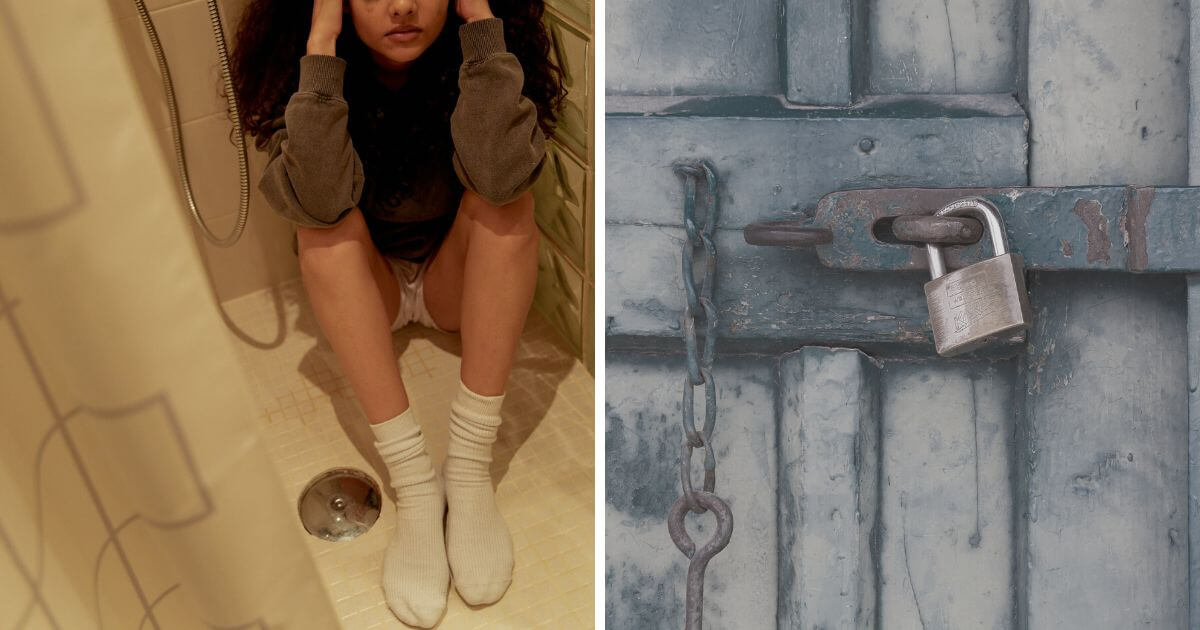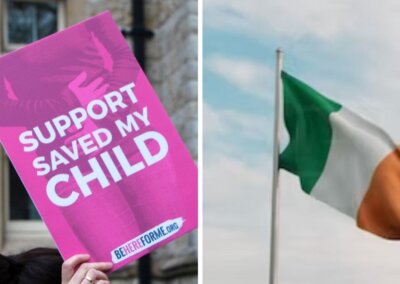An 18-year-old girl in Ireland was locked in a room and forced to take abortion pills, according to reports.
The Irish Examiner has reported on an instance of coerced abortion in the country in which a woman was locked in a room and forced to have an abortion against her will by ingesting abortion pills.
Dr Maeve Eogan, the national director of the Sexual Assault Treatment Units (SATU) said: “As a society, we have become more aware, traditionally we would have considered domestic violence purely as a physical injury”.
“Now, very clearly, there are lots of discussions about the crime of coercive control, but in addition, there is this concept of sexual coercion”.
‘DIY’ home abortion, in which a woman is able to take abortion pills outside of a clinical setting if she is not over 12 weeks pregnant, was made available as part of the Irish Government’s COVID response.
By removing abortion from a clinical setting, some medical professionals are deeply concerned about how this makes coercion and abuse easier because there is no in-person appointment with a medical professional to help investigate whether it is taking place.
In response to a parliamentary question from Carol Nolan TD in March this year, the Health Service Executive (HSE) in Ireland claimed that telemedicine abortion (‘DIY’ home abortion) had been a success but also conceded that “meeting the woman in person increases the likelihood of the provider identifying any coercion or domestic abuse”.
Abortion coercion
England, Wales and Scotland legalised ‘DIY’ home abortion before 10 weeks as a part of the pandemic response. Initially, these were introduced as a temporary measure but each country has now made ‘DIY’ abortion – without clinical oversight – a permanent feature of the law.
Prior to making ‘DIY’ abortion permanently available, Dr Calum Miller, NHS doctor and research associate at the University of Oxford specialising in abortion policy, urged the Government to “prioritise women’s safety above the interests of abortion providers by shutting the lid on it once and for all”.
Dr Miller argued that since the introduction of ‘DIY’ abortions, which allows abortion to take place entirely outside of a clinical setting, “the evidence has only piled up more and more against it”.
He said that face-to-face consultations are a “critical safeguard against coerced abortion, life-threatening ruptured ectopic pregnancies and a litany of other possible risks”.
10,000 hospitalisations following ‘DIY’ abortion
Evidence from 85 Freedom of Information requests to NHS Trusts across England suggests that more than 10,000 women had to receive hospital treatment following the use of medical abortion pills in England between April 2020 and September 2021.
This amounts to more than 1 in 17 women who had a medical abortion over the 18-month period needing hospital treatment.
GB News found there had been a substantial increase in the number of women calling 999 in relation to abortion pills taken at home and an increase in ambulance dispatches. ‘DIY’ home abortions, where abortion pills are taken outside of a clinical setting, were first made legal in March 2020 as part of the Government’s pandemic response.
Right To Life UK spokesperson Catherine Robinson said: “The ease of getting abortion pills under false pretences makes crimes like coerced abortion far more likely. Contrary to the suggestions of some, what is needed is not simply more training. Rather, what is needed is to make ‘DIY’ home abortion illegal once more”.












